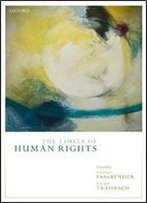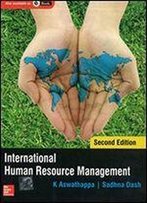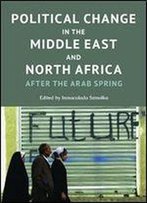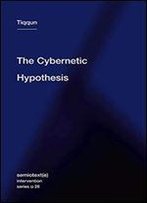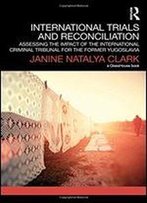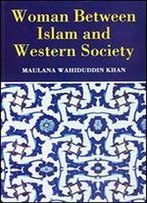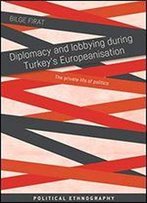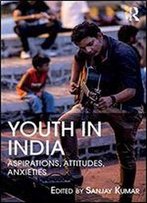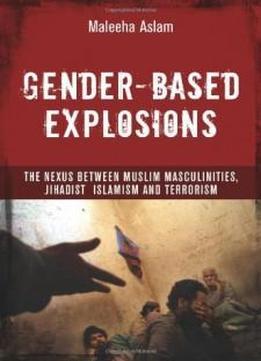
Gender-based Explosions: The Nexus Between Muslim Masculinities, Jihadist Islamism And Terrorism
by Maleeha Aslam /
2012 / English / PDF
1.8 MB Download
First colonized and now living under political oppression,
experiencing marginalization, and feeling dejection and
humiliation, many Muslim men in and outside Muslim countries have
no opportunities to prove themselves as "honorable" or practice
"masculinity" in culturally prescribed ways. Troubled and
troublesome, many turn to militant jihadist networks to achieve
self-actualization and heroism. Terrorist networks, acting as
surrogates to national liberation and antiauthoritarian
movements, further complicate these dynamics.
First colonized and now living under political oppression,
experiencing marginalization, and feeling dejection and
humiliation, many Muslim men in and outside Muslim countries have
no opportunities to prove themselves as "honorable" or practice
"masculinity" in culturally prescribed ways. Troubled and
troublesome, many turn to militant jihadist networks to achieve
self-actualization and heroism. Terrorist networks, acting as
surrogates to national liberation and antiauthoritarian
movements, further complicate these dynamics.
Maleeha Aslam argues that gender is a fundamental battleground on
which al Qaeda, the Taliban, and their types must be defeated.
Issues of regressive radicalism, literalism, militancy, and
terrorism can only be solved through people-centered
interventions. Therefore, governments and civil society should
promote an alternative culture of growth, self-expression, and
actualization for Muslim men.
Maleeha Aslam argues that gender is a fundamental battleground on
which al Qaeda, the Taliban, and their types must be defeated.
Issues of regressive radicalism, literalism, militancy, and
terrorism can only be solved through people-centered
interventions. Therefore, governments and civil society should
promote an alternative culture of growth, self-expression, and
actualization for Muslim men.
To achieve sustainable counterterrorism results, Aslam recommends
emphasizing masculine behaviour within the context of Muslim
tradition and expanding the scope of required interventions
beyond those confined to Islam. The book also includes empirical
data from a pilot study conducted on Pakistani Muslim
masculinities.
To achieve sustainable counterterrorism results, Aslam recommends
emphasizing masculine behaviour within the context of Muslim
tradition and expanding the scope of required interventions
beyond those confined to Islam. The book also includes empirical
data from a pilot study conducted on Pakistani Muslim
masculinities.
